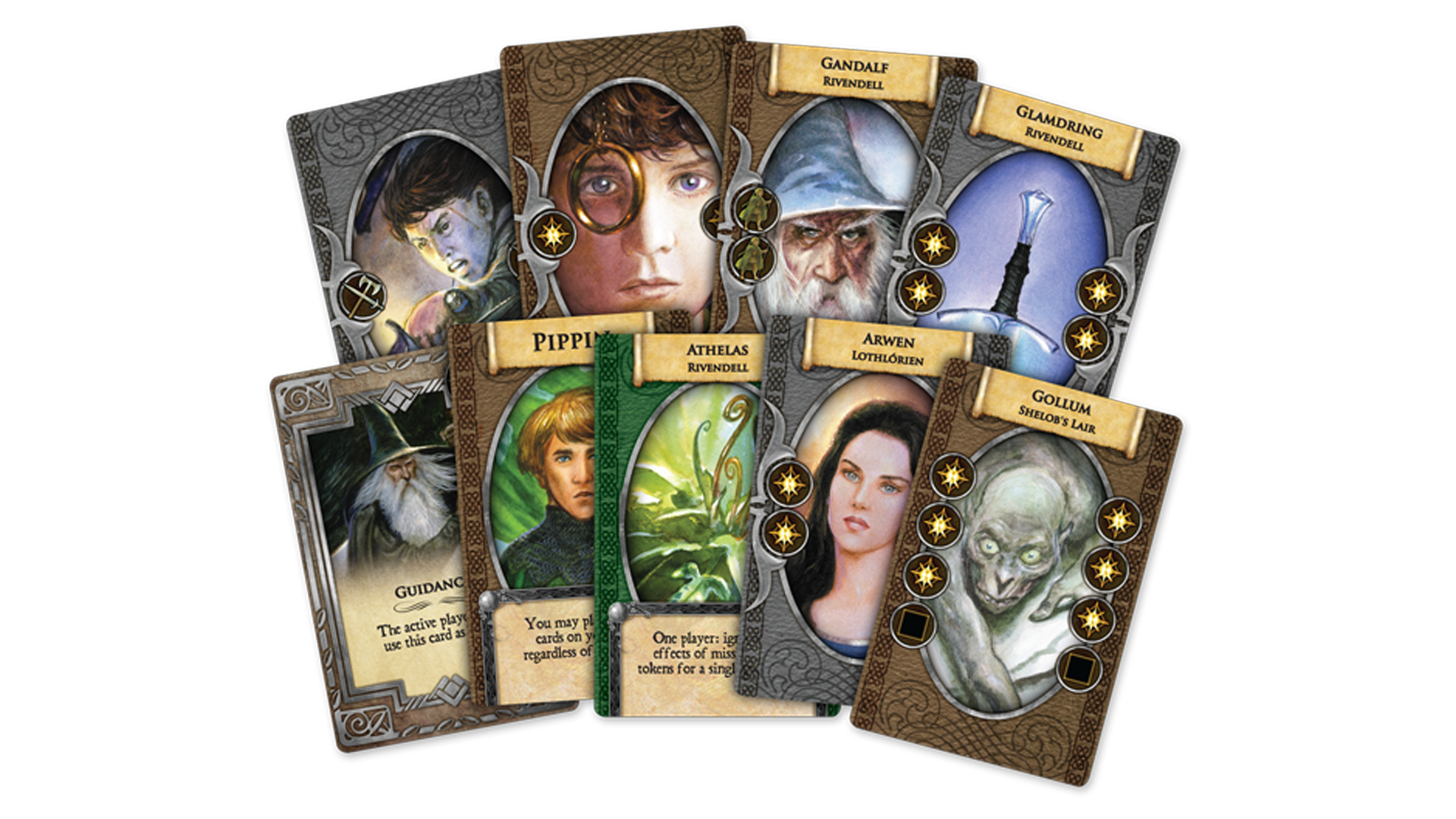


Luther actually mentions this sound, in a less than a positive construct, in the 95 Theses he posted on the University Church in Wittenberg “As the money clinks into the money chest, so rises greed and avarice.” Throughout Saxony, peddlers of indulgences were crying out, “As soon as the coin in the coffer rings, the soul from purgatory springs,” and across the land faithful believers, both young and old, were eagerly buying the official papers issued by the church to release their loved ones from the torments of purgatory. There was, however, a sound of ringing which Luther did not like. “Otherwise the young lords are happy, and ride around together in sleighs decorated with fools bells, as do the young ladies they all visit each other in carnival masks, and are of good cheer.” The prophet, therefore, is ordering that the trumpets sound to call together the entire people, as if to say: “Cry out, cry out, summon all the people, ring all the bells!” At the death of the Elector John, he wrote, “The ringing of bells sounds different than usual when one knows that the deceased is somebody one loves.” Even in his own last days, Luther described in a letter to his wife Katherine von Bora, the wonder of winter and the merriment produced by bells. In a lecture on the Book of Numbers, he likened bells to the warning trumpets of the Old Testament, “We, too, have certain trumpet calls when the enemy is near or when fire rages in the city. Amen.īells played an important role in medieval life across much of Europe, so it’s not surprising that the reformer Martin Luther would mention bells frequently in his writings. Dear Friends in Christ, grace and peace to you from God our Father and our Lord and Savior Jesus Christ.


 0 kommentar(er)
0 kommentar(er)
